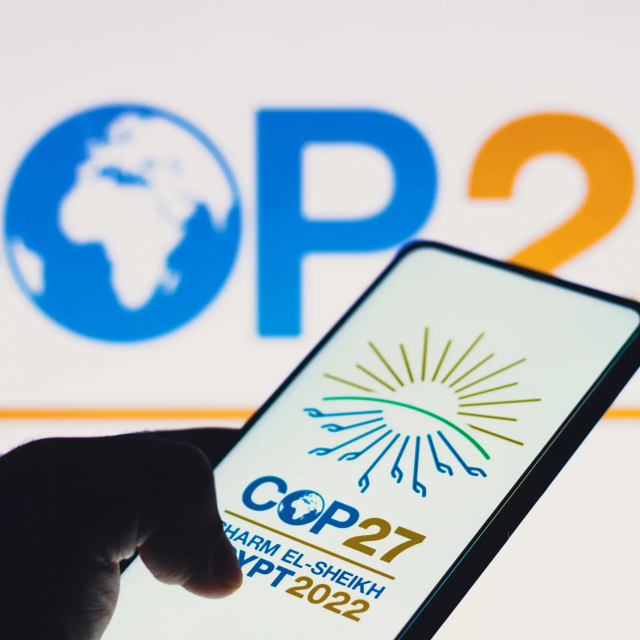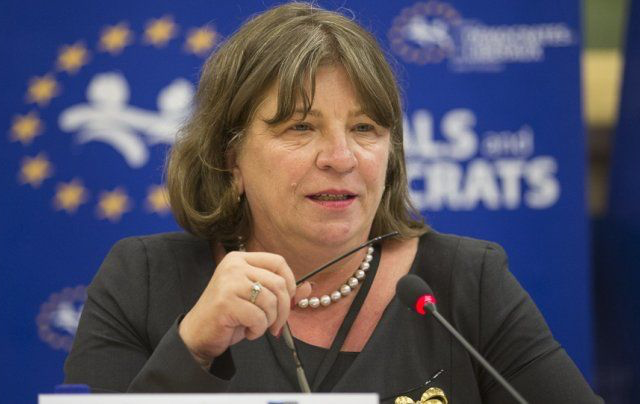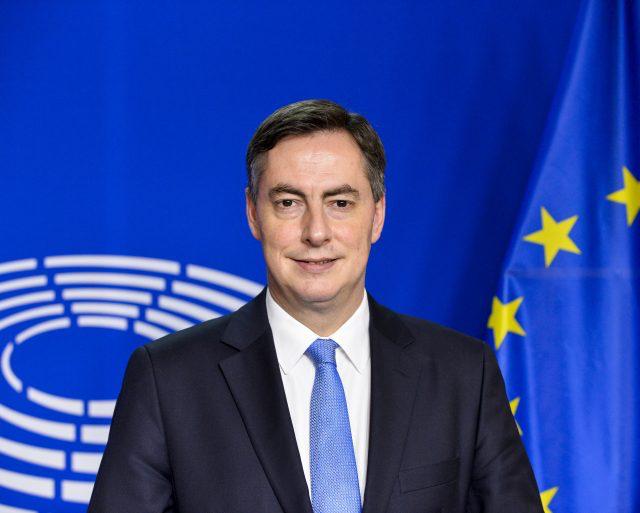Parliament approved €3.08 billion in EU aid on Friday including more tests, help for doctors and nurses to care for the sick.
The EU funds should directly support healthcare systems in EU member states in their fight against the coronavirus pandemic.
The initiative should allow the EU to buy urgent medical supplies, such as masks and respiratory equipment, transport medical equipment and patients in cross-border regions, finance the recruitment of additional healthcare professionals to be deployed to hotspots across the European Union, as well as helping member states to construct mobile field hospitals.
A total of €3.08 billion from the EU budget will be channelled mainly through the ESI (€2.7 billion) and throughrescue (€380 million).
The package includes funds to finance repatriation flights (€45 million) under EU Civil Protection Mechanism to reunite families stranded in third countries, to provide more resources for the European Centre for Disease Prevention and Control (€3.6 million), but also to help Greece deal with increased migratory pressures (€350 million), and to support Albania’s post-earthquake reconstruction (€100 million).
Budget Committee MEPs already called for available financial means remaining in the 2020 budget to be mobilised.

Commenting on this, Parliament’s President David Sassoli said, “It was very important that the parliament expressed itself with a large majority in favour of a strong economic reconstruction plan for Europe. This means using all resources available to stimulate the economy, including recovery bonds, that is, the possibility of financing on international markets our joint reconstruction.”
“I am very satisfied because I now have the opportunity to go to the meeting of the next European Council on 23 April with a clear indication of the will of the Parliament regarding the means and ways in which we organise the exit from this emergency and the reconstruction of our economies.
“We need to ensure that the costs each country bears in tackling this crisis are shared from now on. Therefore, we need some form of mutualisation, with respect to the future debt that will be accumulated in the reconstruction plan.”
“Today, peoples’ lives and livelihoods are at stake, lives of citizens in the north and the south must be all of our concerns. We want to get out of this crisis with our democracies intact. We want to get out with our rules intact. We want to get out with our treaties intact. We must get out by respecting our shared principles and common values.”




